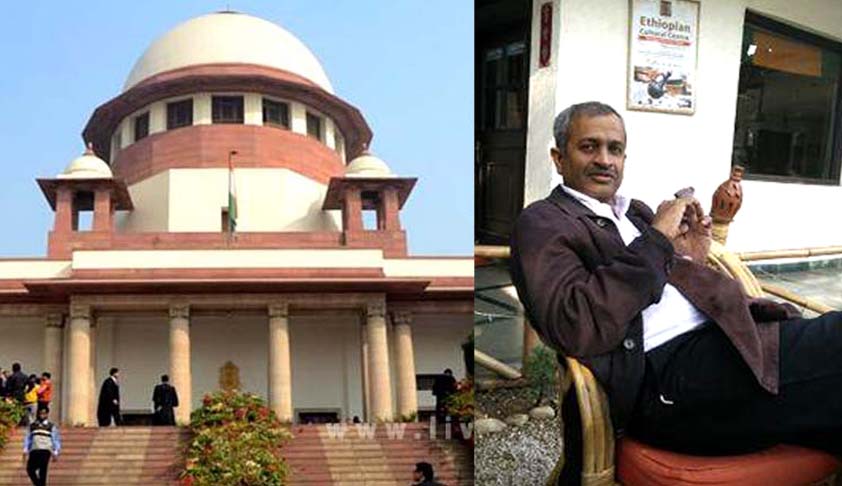Death Sentence In Nirbhaya Case Must Be Revisited: Amicus Sanjay Hegde
LIVELAW NEWS NETWORK
5 Dec 2016 10:59 PM IST

Next Story
5 Dec 2016 10:59 PM IST
Senior Advocate Sanjay Hegde, one of the two amicus curiae appointed by the Supreme Court in the Nirbhaya case, has submitted before the Court that there is no evidence to prove conspiracy in the Nirbhaya rape and murder case.He was arguing before a three-judge bench comprising Justice Dipak Misra, Justice R Banumathi and Justice Ashok Bhushan hearing the case.He submitted that in the absence...
